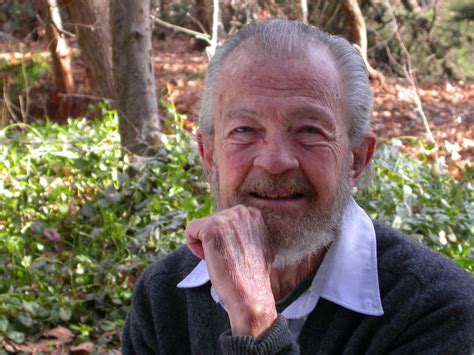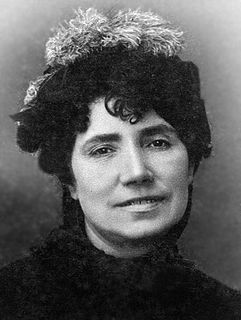A Quote by Steven Johnson
This is how great intellectual breakthroughs usually happen in practice. It is rarely the isolated genius having a eureka moment alone in the lab. Nor is it merely a question of building on precedent, of standing on the shoulders of giants, in Newton's famous phrase. Great breakthroughs are closer to what happens in a flood plain: a dozen separate tributaries converge, and the rising waters lift the genius high enough that he or she can see around the conceptual obstructions of the age.
Quote Topics
Age
Alone
Around
Breakthroughs
Building
Closer
Conceptual
Converge
Dozen
Enough
Eureka
Famous
Flood
Genius
Giants
Great
Happen
Happens
Having
He Or She
High
How
Intellectual
Isolated
Lab
Lift
Merely
Moment
Newton
Nor
Phrase
Plain
Practice
Precedent
Question
Rarely
Rising
See
Separate
She
Shoulders
Standing
Waters
Related Quotes
When I write a play, and we read it for the first time, the great fear is that everybody is going to say, 'You're a bum and you can't write. This stinks.' and throw the script in the garbage. The great hope is that they're all going to lift me up on their shoulders and carry me to the streets, singing, 'He's a genius, he's a genius!'
Nothing is so much coveted by a young man as the reputation of being a genius; and many seem to feel that the want of patience for laborious application and deep research is such a mark of genius as cannot be mistaken: while a real genius, like Sir Isaac Newton, with great modesty says, that the great and only difference between his mind and the minds of others consisted solely in his having more patience.
Genius is by definition a style of consciousness characterized by the ability to access high energy attractor patterns. It is not a personality characteristic. It is not something that a person has, nor even something that someone is. Those in whom we recognize genius commonly disclaim it. A universal characteristic of genius is humility. The genius has always attributed his insights to some higher influence.
Beauty is a form of Genius--is higher, indeed, than Genius, as it needs no explanation. It is one of the great facts of the world, like sunlight, or springtime, or the reflection in the dark waters of that silver shell we call the moon. It cannot be questioned. It has divine right of sovereignty. It makes princes of those who have it.

































